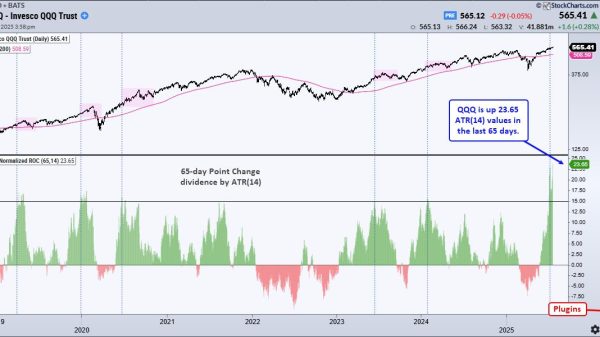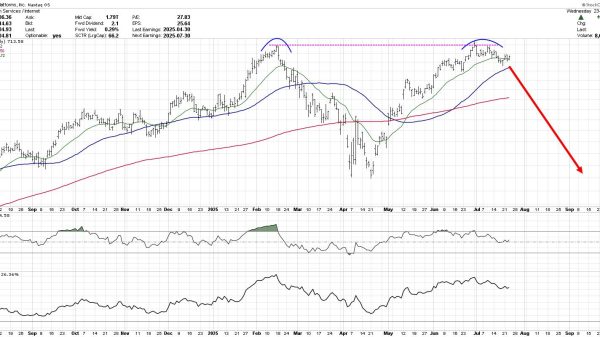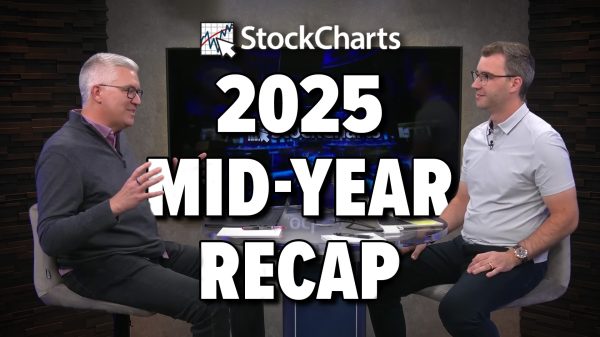
A Glimpse into Apple’s DMA Compliance Journey
Apple, the tech giant synonymous with innovation, is preparing for a significant shift in its iOS ecosystem in response to the Digital Markets Act (DMA) imposed by the European Union. As one of the designated “gatekeepers,” Apple is set to implement changes, with the compliance deadline looming on March 7. The company has unveiled the iOS 17.4 beta, giving developers a sneak peek into the modifications that will roll out next month.
Core Technology Fee: Apple’s Strategic Move Amidst DMA Compliance
In a move reflecting its commitment to navigating the DMA landscape, Apple is introducing a new fee for developers — the “Core Technology Fee.” This fee is a financial consideration and a strategic move to maintain revenue streams amid changing dynamics. Apple acknowledges the risks associated with these changes, particularly concerning user security and privacy. However, it emphasises the need to balance compliance with innovation.
The Core Technology Fee structure involves iOS apps distributed from the App Store or alternative app marketplaces paying €0.50 for each first annual install per year beyond a 1 million threshold. This fee aims to enable Apple to retain a share of revenue, even when developers choose to distribute their apps through alternative channels or direct users to external websites for additional payments. It’s a nuanced approach that seeks to balance regulatory compliance and preserving the existing app ecosystem.
Developers at the Crossroads: Navigating New Business Terms
As Apple introduces these changes, developers find themselves at a crossroads, facing decisions that will shape their future within the iOS ecosystem. The ability to distribute apps via alternative app stores opens new avenues, but it comes with the condition of accepting new business terms, including the Core Technology Fee.
Developers must carefully consider the implications of these terms on their revenue models and user interactions. The evolving landscape requires a delicate balance between compliance and creativity as developers aim to harness the newfound capabilities while understanding the impact on their bottom line.
Apple’s response to the EU’s gatekeeper rules unveils a dynamic landscape for developers. The introduction of the iOS 17.4 beta and the Core Technology Fee signifies a strategic evolution in how apps are developed, distributed, and monetised within the EU. As the tech giant navigates compliance challenges, developers face choices that will shape the future of app development in the iOS ecosystem.
The post A Glimpse into Apple’s DMA Compliance Journey appeared first on FinanceBrokerage.

































